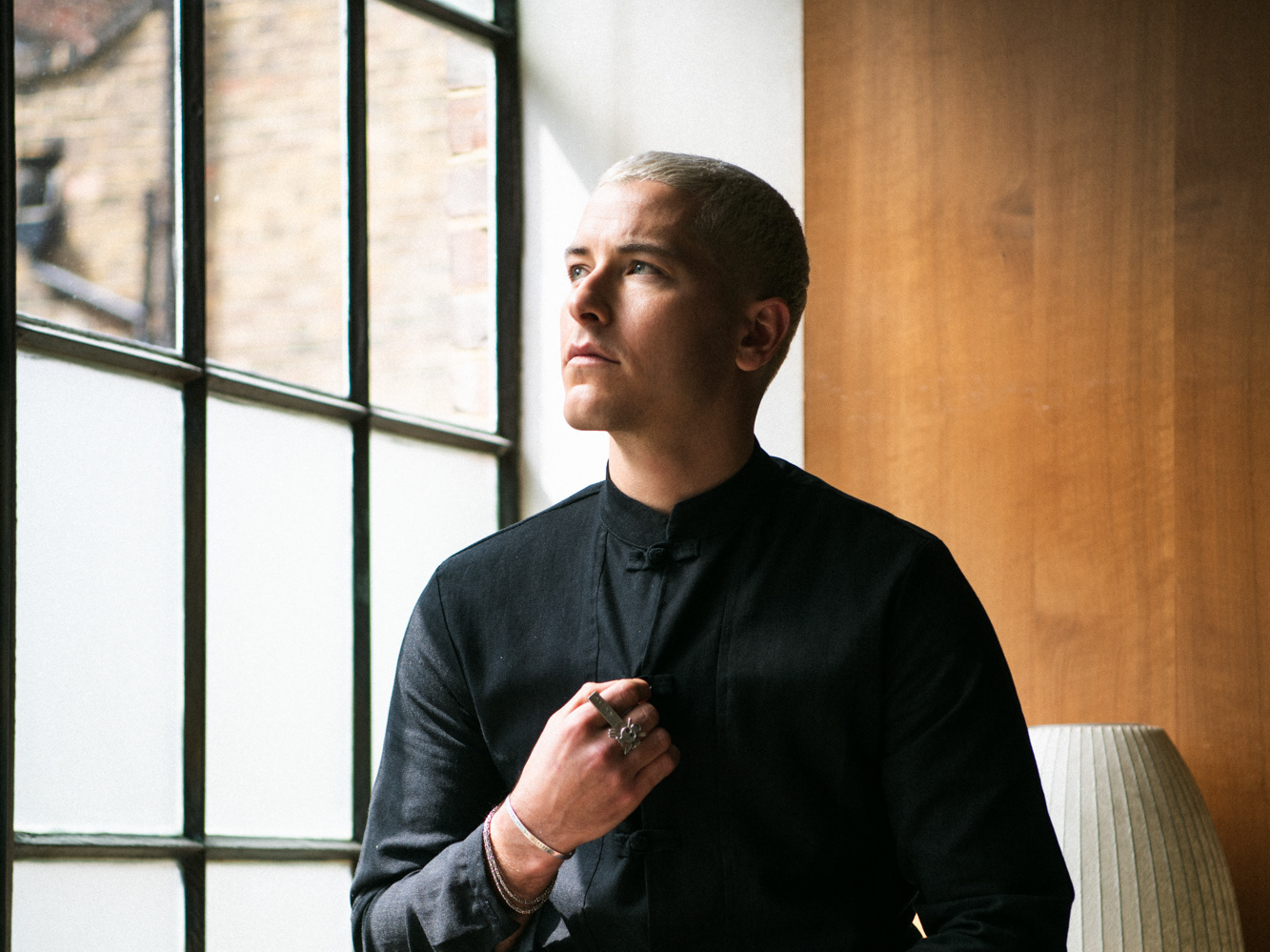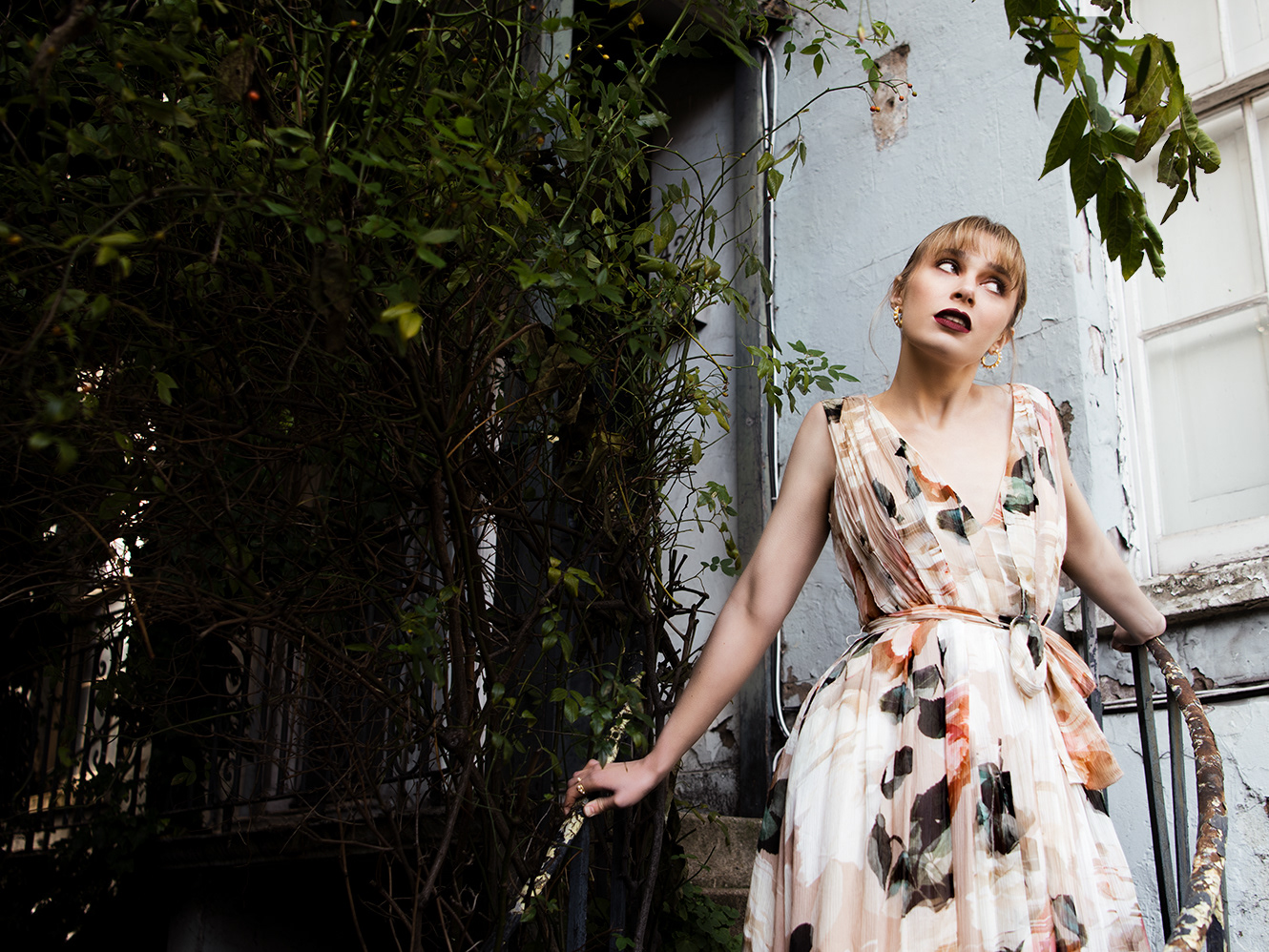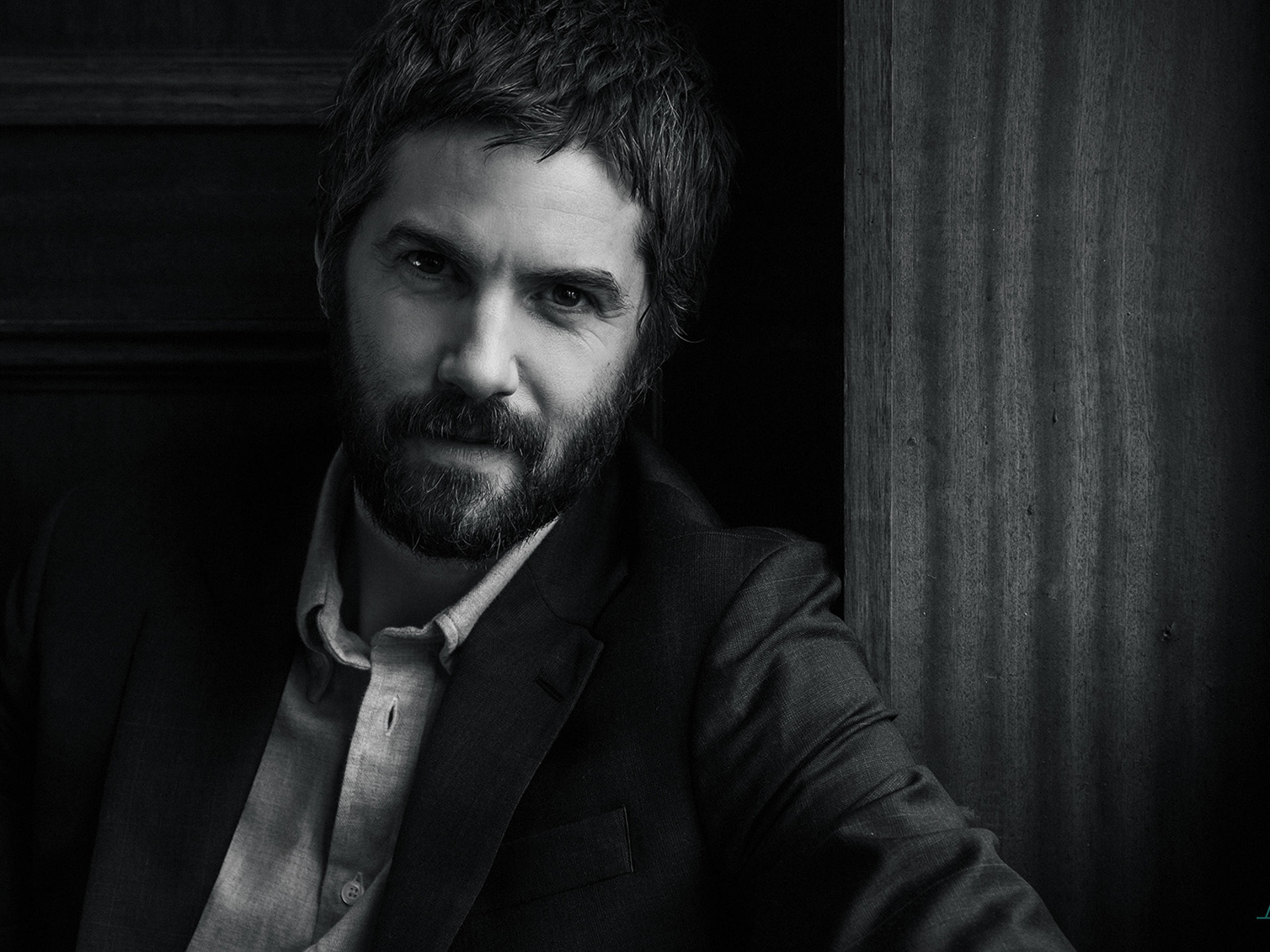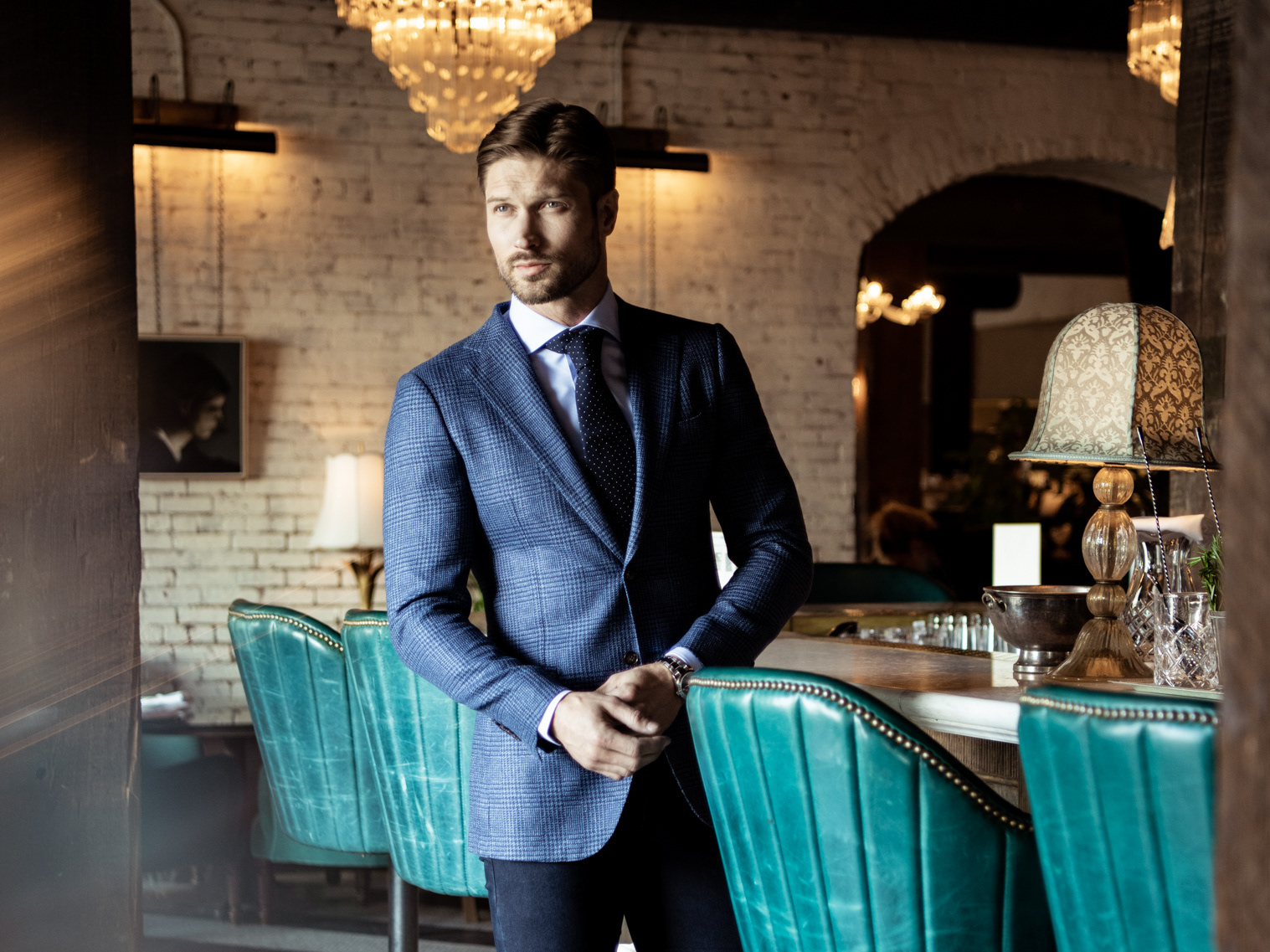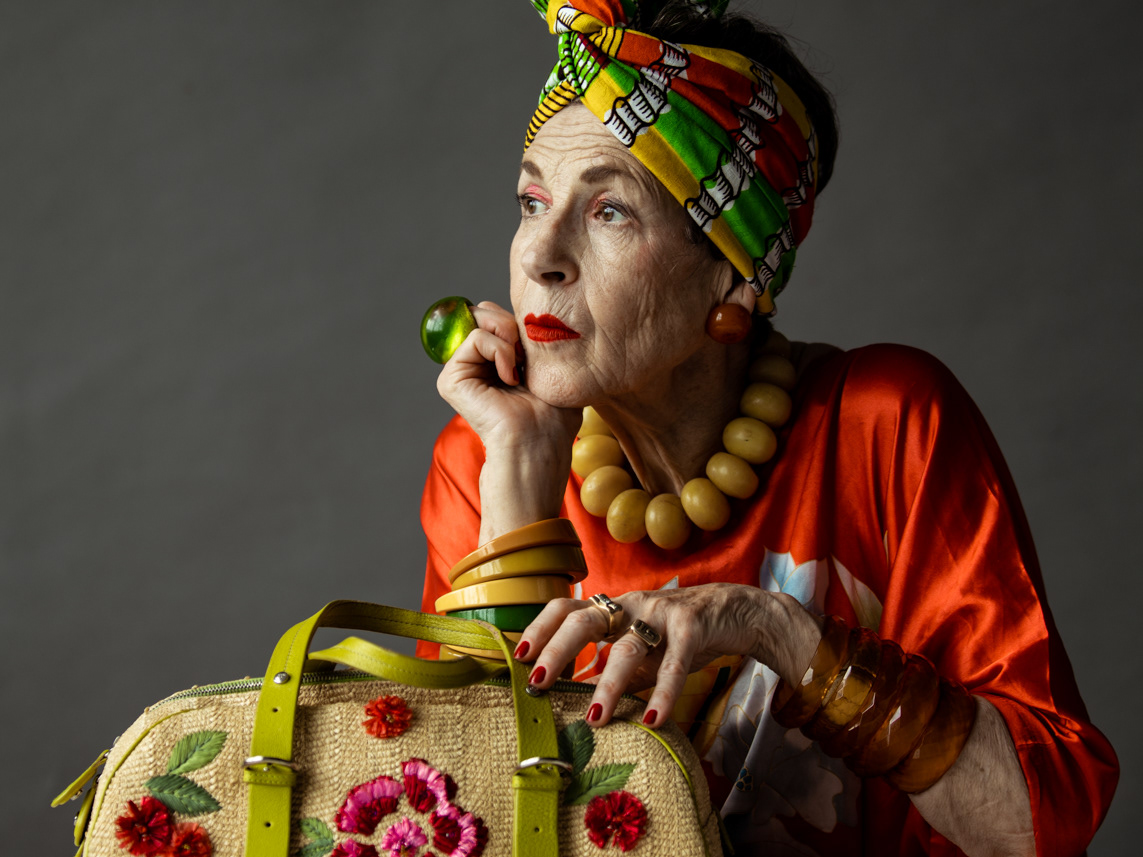Article by Tristan Dyer
There is no shortcut to success. The unpredictable trials and burdensome events along the journey prove to be an awakening force in Olympic figure skater Gracie Gold’s story. The all American girl that embodies an image of perfection vulnerably bares all in her new memoir ‘Out of Shape Worthless Loser’, where life off the ice granted her pervasive challenges of hardship that has shaped who she is today. The ebullient and assiduous star who reached success at a young age talks with me about her triumphs and distresses in our engaging interview where nothing is left unsaid.
Dress by Haleia Photo by Macrae Marran
With a natural talent noticed at a young age, Gracie knew figure skating was her calling after many years of competing in a variety of sports that included track, swimming, dance, and soccer. “Compared to other sports I was in, I liked that skating was more complicated and the challenge that it provided. I definitely do better in individual sports; there is always something to work on and keep my interest in setting my goals higher in figure skating,” Gold expressed in a luminescent voice.
During her career, she became the first American to win the NHK trophy, a highly respected grand prix in Japan. She also won a bronze medal in the 2014 Sochi Olympics women’s team event. These victories earned her global recognition for her ability and set a high bar for her irrepressible momentum.
Top by Mola Walker; dress by Obidike Photo by Macrae Marran
Figure skating routines are judged on an array of elements. Perform one or two imperfectly, and you can still take first place. These are especially challenging conditions for someone with Gracie’s perfectionist nature to work under. “I was a natural jumper and spinner but it took me a while how to figure out how to have a high technical content and incorporate the creative aspect. I have struggled to be consistent. As a person I am more black and white, hit or miss. I made a career of making a comeback in my long programs after botching my short programs”, Gold expressed honestly.
Dress by Tiscareno; ear cuff by Hannayoo Works Photo by Macrae Marran
Gold continued, “There are times where I have messed up under pressure, but historically, it seemed that the more impossible it was to win, the better I performed. I had to learn that even if you mess up once or twice, there are so many more elements in the program that you can still medal or place in the top five. I have to understand that everyone is nervous. There’s always a level of performance anxiety and I’ve become better at managing it. Now I tell myself that it is normal, because I care. I’ve learned how to appreciate and love my mistakes in practice to see how I can recover.”
Many of the challenges that Gracie has faced have been very public, though the reality behind them has not been. In her recent memoir, she explores the coalescence of the trials and tribulations and that led to the mental health crisis she experienced in 2017. She became clinically depressed, and faced the challenges of disordered eating. She chose to attend a rehab facility to focus on healing.
Earrings by Erickson Beamson; dress by Tulle Jour Photo by Macrae Marran
Later on, her book became another step in that journey. “The process of writing my book was cathartic, stressful, vulnerable and scary at times. Some chapters were harder to talk about than others. I didn’t want this to be a figure skating book, but one around my life and the Olympics,” Gold informed me.
Gracie continued with adamant thought, “I don’t think my story is exactly what should happen to everyone else, I think there are ways to navigate being exceptional at anything without having a health crisis. There is some sort of glamorization about people that will work themselves to death and I don’t think it has to be that way. There can be balance and to pursue greatness it doesn’t have to drive you to the edge of madness or in my case all the way off the edge.”
Earrings by Hann Karakoy Photo by Macrae Marran
Always a very regimented and traditional sport, the rules are slowly being bent and molded to modern times. In 2015, women skating in ice dance were granted the right to wear pants which proves a monumental shift in the sports towards respect and progressive understanding. Another healthy adaption to the regulations has been that what was formally referred to as ‘ladies figure skating’ is now titled ‘women’s figure skating’, proving the times and skaters are making an impact on the sport's future.
Dress by Tiscareno; ear cuff by Hannayoo Works; boots by Miamicci Photo by Macrae Marran
“In some ways, the younger generation has been very powerful in saying ‘no’ and having a voice. They’re very progressive, especially in social areas”, Gracie noted about the next generation’s stance.
As a role model, it is her understanding of her life behind the scenes that has grounded her. “When I was younger I felt more pressure to be palatable and to be liked all the time; I wanted to fit the stereotypical mold. After a lot of my public failures and shortcomings, a lot of that has eased up,” Gold sentimentally expressed.
Dress by Haleia; coat by BB Couture; socks by Falke; shoes by Femme Libérée Photo by Macrae Marran
Venturing forward with vengeance and back to full strength, Gracie displays implicit goals for her future of living a healthy and fulfilled life. Staying in the realm of the skating world is undoubtedly her calling and Gold sure has a story to tell and expertise to share for the stars of tomorrow.
Top by Mola Walker; pants by Haleia; earrings by Hann Karakoy Photo by Macrae Marran
Gracie Gold @graciegold95 - Represented by Tara Modlin @ Fireworks Sports Marketing
Writer/Interview Tristan Dyer @tristandyer
Photographer Macrae Marran @macraemarran
Wardrobe Stylist Stepanie Wengerkiewicz @s.tephaniewenger
Hairstylist Ava Mihaljevich @avamihaljevich
Makeup Artist Jas Doyle @jasdoylemakeup
Assistant Wardrobe Stylist & Assistant Videographer Luigi Malucelli @luigistadlermalucelli





